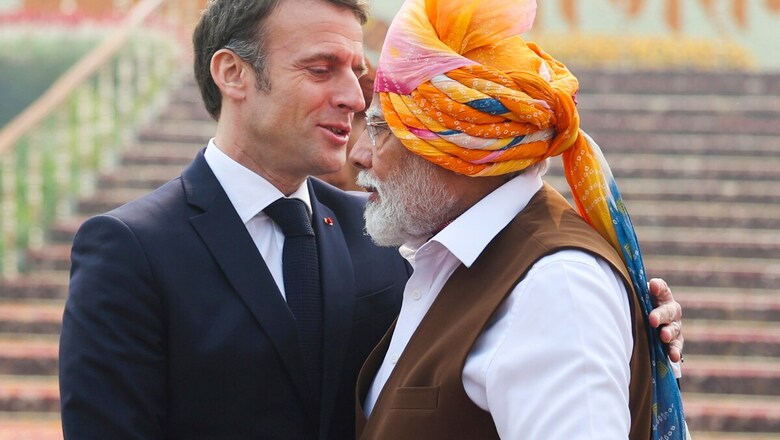
views
India’s first-ever strategic partnership was with France, signed on January 26, 1998. Twenty-five years after that, a French President is in India, reinforcing the already established ties when New Delhi is known as a global commercial player and is looking to emerge as a military supplier.
In 1998, just days after the relations were elevated, India carried out its nuclear explosions. Though France collectively condemned it along with other countries of the western world, it did not impose any sanctions.
What highlights the ties? The country had always understood India’s position and posture in the world. India, being the largest democracy in the world, could never be ignored by any free and democratic country. France recognised it from the very beginning.
India has emerged as a successful example of a modern and free nation since its independence in 1947. It has maintained its independent global geopolitical stature by following policies like the Non-Aligned Movement (NAM) or the Global South Initiative or demand for a multipolar, multilateral world.
Indira Gandhi imposed Emergency in India in 1975 that was criticised around the free, western world. Yet Jacques Chirac was the Republic Day Chief Guest in 1976. France was the key player that pushed for the Nuclear Suppliers Group’s waiver for India in 2008 for its civil nuclear deal programme.
A French President is in India again this year to relive the age-old trusted ties.
SIGNIFICANT TIME FOR THE VISIT
France was angered at the AUKUS deal. According to the deal signed, France was to supply 12 conventional submarines to Australia in a multi-billion-dollar agreement. Meanwhile, secretly, the US, the UK, and Australia were discussing a partnership on nuclear submarines. The deal was announced in September 2021. It basically meant that the deal with France was cancelled. French newspapers called it duplicity and treason. France said Australia betrayed it.
India is angered at the stand taken by the US and Canada. The UK, the US, and Canada have significant numbers of Khalistani separatists residing on their soil. Many of them are declared terrorists in India, like Sikhs for Justice’s Gurpatwant Singh Pannu. They keep spreading anti-India venom while staying in the US, the UK, and Canada. They keep demonstrating in front of, and sometimes, vandalise India’s High Commissions and embassies. They threaten India and Indian diplomats. They vandalise Hindu temples. Yet seldom we see credible action taken against them, despite India’s repeated appeals.
Pannu being a free man in the US or Canada or letting go of Talwinder Singh Parmar, the mastermind of the Air India Kanishka bombing of 1985, raises valid questions. The flight in 1985, travelling from Canada to India via London, exploded midway, killing all 329 on board. It had mostly Indian or Indian-origin passengers. The case against Parmar was so weak that he was soon released. Canada allegedly had prior information of the attack, but failed to act on the information.
India’s democracy is considered a functional role model across the world with a successful and transparent electoral process. It is the world’s most populous nation. It is the world’s fifth-largest economy. Soon, it will be the third largest. It is the world’s fastest-growing major economy and is expected to remain so for many years to come. A developing country that is working to become developed by 2047, when it completes 100 years of independence. It is known as the voice of the Global South. It pushed the African Union’s inclusion in the G20 bloc.
So, when the US and Canada allege that India or Indian officials were involved in the murder of a Khalistani terrorist in Canada or attempted murder of a Khalistani terrorist in the US, and demand India to act, at the same time, they should also respect the Indian government’s demand to take action against Khalistani terrorists active there. They don’t do it but expect India to follow suit.
That should not be the case anymore, it is India’s message to the outside world. It is a give-and-take policy that matters in a geopolitical environment. It is mostly driven by the internal concerns of the participating nations. Though we cannot link US President Joe Biden saying no to this Republic Day event to India’s alleged involvement in the murder or attempted murder of a Khalistani terrorist, at the same time, it was expected that when India clarified that it was not involved and it was not its policy approach to do, the US and Canada should have given a full stop to this discussion further.
SOVEREIGNTY IS THE CORE
France and India started diplomatic relations in 1947 and it has strengthened over the years. Six French leaders, including Macron, have been Republic Day Chief Guests so far. That is the highest for any country. From India, former prime minister Manmohan Singh and current Prime Minister Narendra Modi were invited to the Bastille Day Parade, a national holiday in France to celebrate its national day.
During PM Modi’s visit, ‘Horizon 2047’, the document to further strengthen ties for the next 25 years, was adopted. The future roadmap is focused on India’s sovereignty and its need for ‘Atmanirbharta’ in critical sectors like advanced tech in defence, space, civil nuclear, and digital pushes. The focus is on co-development and not dependence on crude import with ‘know-how’ exclusively to remain with the supplier country only.
Respect for sovereignty is at the core of the India-France ties. They understand internal matters of every country are judged by it only with no room for any external interference but not many countries in the western and rich world bloc share this view. Internal compulsions many times put external policy decisions and both India and France accept it, but not many countries in the western and rich world bloc share this view.
That means the external policy communication of India and France is silent on internal incidents that other countries of the western world would like to speak on like the US reports international religious freedoms or different democracy or press freedom indexes.










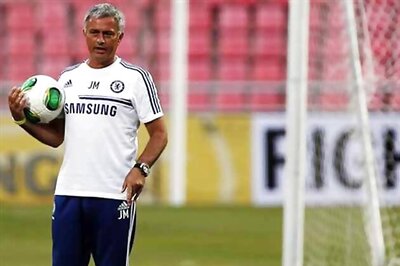
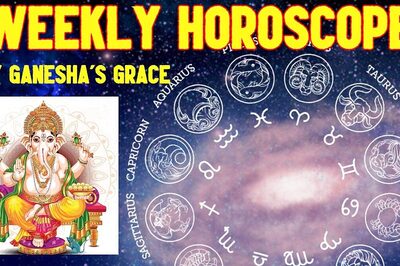
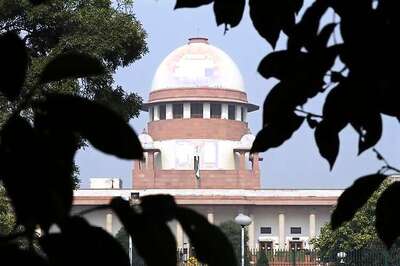
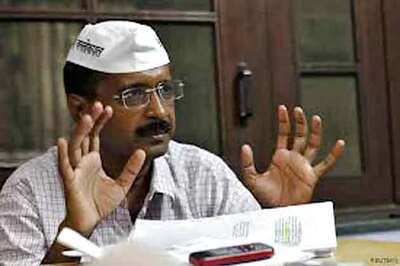

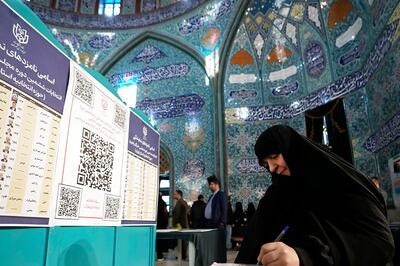
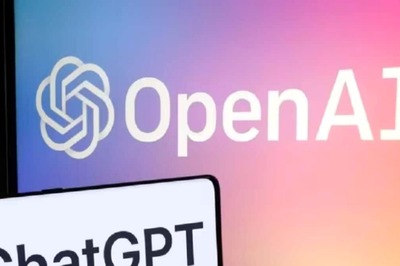
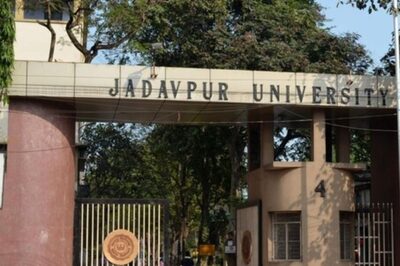

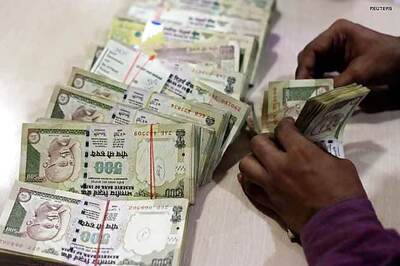
Comments
0 comment